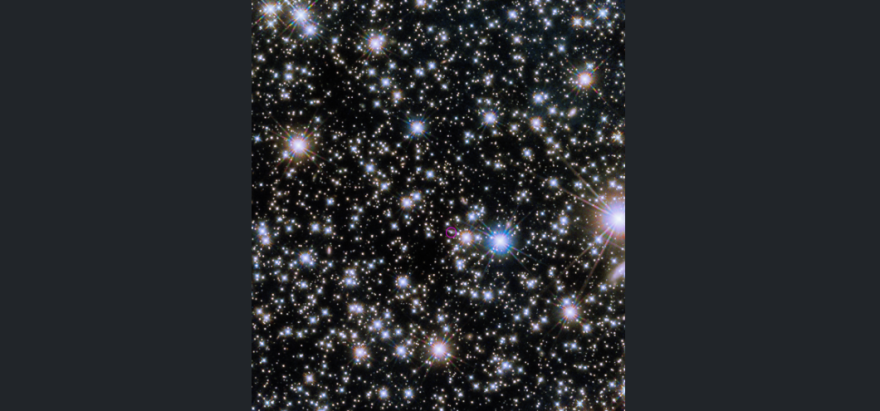It’s a celebration in Baton Rouge as yesterday the LSU women’s basketball team won the NCAA March Madness tournament! The number 3 seed beat number 2 seed Iowa 102 to 83, marking the first time any LSU basketball team has won this tournament, and the fourth win for LSU head coach Kim Mulkey.
Records were broken both on the court and on the TV screen, as viewership for this tournament was up 42% from last season. The Wall Street Journal’s senior sports reporter Rachel Bachman joined A Martínez on NPR’s Up First for more on this win and what it means for women’s sports.
Often local governments don’t have enough money to provide basic services. But in New Orleans, the city has surprisingly found itself with a surplus of cash. The problem? Government departments are still woefully understaffed.
Reporter for Verite News, Michael Isaac Stein tells us why the government is struggling to hire more workers, and why some current employees are calling for unionization.
Scientists have been studying a pulse of intense radiation that swept through the solar system last year on October 9, 2022. It was so exceptional that astronomers have dubbed it the BOAT — the brightest of all time. Its source was a gamma ray burst, the most powerful class of explosions in the universe.
Assistant professor of physics and astronomy at LSU and astrophysicist Dr. Eric Burns is one of the scientists studying this phenomenon. He joins us for more on what he’s learned.
Today’s episode of Louisiana Considered was hosted by Karen Henderson. Our managing producer is Alana Schreiber and our digital editor is Katelyn Umholtz. Our engineers are Garrett Pittman and Aubry Procell.
You can listen to Louisiana Considered Monday through Friday at 12:00 and 7:30 pm. It’s available on Spotify, Google Play, and wherever you get your podcasts.
Louisiana Considered wants to hear from you! Please fill out ourpitch line to let us know what kinds of story ideas you have for our show. And while you’re at it, fill out ourlistener survey! We want to keep bringing you the kinds of conversations you’d like to listen to.
Louisiana Considered is made possible with support from our listeners. Thank you!





